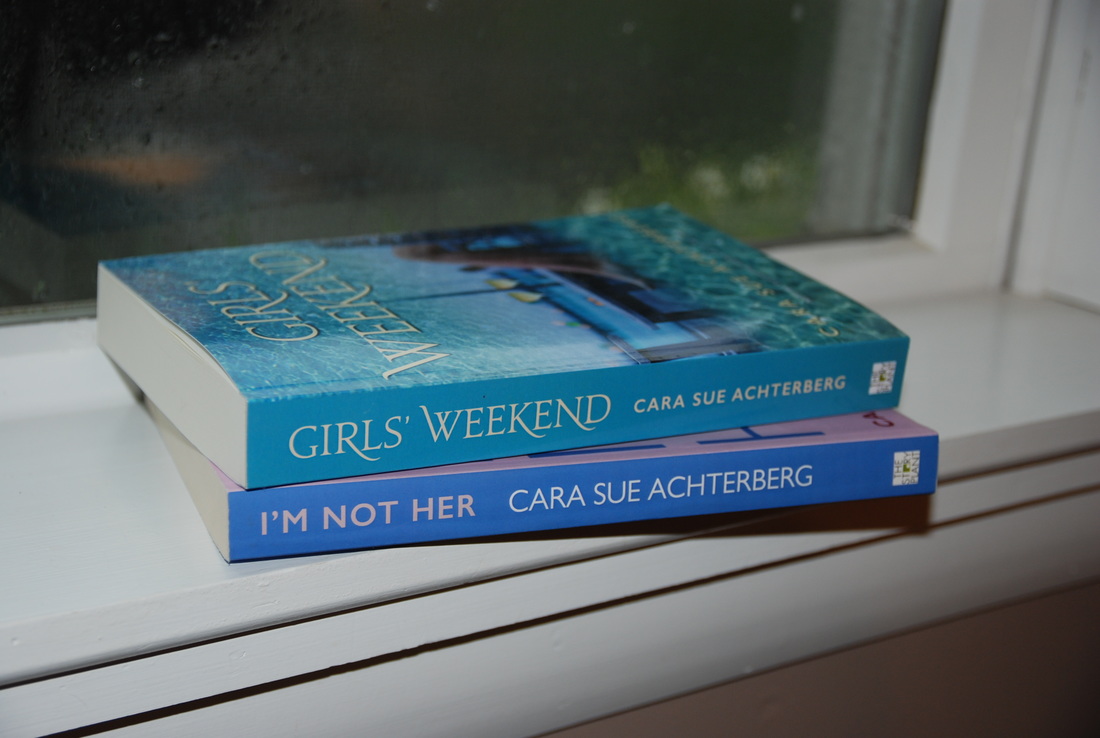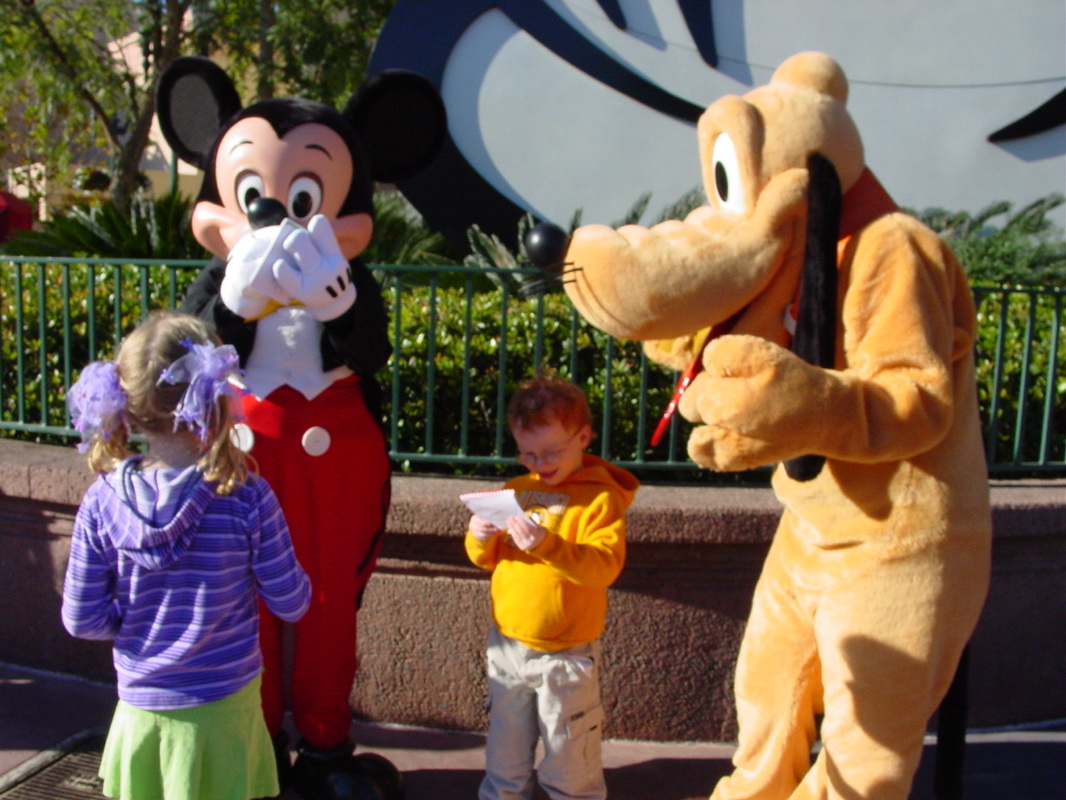|
As a pantser (a writer who does not outline, rather follows a story wherever it leads), I meet many of my characters when they appear on the page. I do know the main characters before I start, having spent perhaps months getting to know them before their adventures begin. I interview them and write dozens of pages filled with their answers, my observations, sudden inspirations (he’s obsessed with peanut butter, she always speaks with full words instead of contractions). I imagine them while running, driving, cleaning, even having conversations with strangers. Sometimes I forget what I’m doing and wind up arriving at the school or ball field having driven there on autopilot instead of the store or appointment I set off to visit. And then I begin a story with those characters by my side, ready to lead me in. But the other characters – many times the ones who carry the story and make it interesting, those characters surprise me when they turn up on the page. At a recent bookclub gathering I attended, one of the members said, “Oh that Leroy – I hated him. He was scary!” I said, “Me, too! Whenever he turned up in a scene I got really nervous.” They all looked at me in surprise as I explained I had no idea who he was until he walked onto the page. “But where did he come from?” Good question. I thought about it and told them I thought he was a blend of a couple awful men I met at a trailer park where I went to pick up an underprivileged teen I was mentoring when I was a young adult. Each week when I arrived in my little pickup truck with the vinyl seats, no air conditioning, and a radio propped up on the dashboard, to whisk my charge off to the library to study or my apartment to cook a meal, I had nervous conversations with them as they smoked their cigarettes and regarded me suspiciously. Returning my charge there in the dark, I was always anxious when the trailer door opened and her step-father grumbled that we were late. He scared me, but she had to live with him. I wondered and worried about her for years. Twenty years later that man who frightened me so, still frightens me, but I controlled him on my page. Another character who turned up as I wrote I’m Not Her was Trevor, a precocious first grader. Carin opened Leann’s door, and there he was! I was as surprised as she, and quickly fell in love with him, too. Trevor is the innocent kid I see being dragged along crying into the Wal-Mart or playing with the boxes on the shelves at the grocery store until his mom smacks his hand away. He is all the children who catch my attention when they wiggle in church, fuss standing in line at the post office, annoy their overwrought parents by their sheer curiosity and energy. “Kids are resilient,” I was told when I mentioned my concern for kids I witnessed in my work volunteering with Habitat for Humanity. They bring sunshine into dark lives on a daily basis. Reading The Catcher in the Rye as a teenager, I was captivated by the character Holden Caulfield, but not because he was such a cynical oddball bucking the system, but because he revered children and wanted to protect them from the world he viewed as unworthy of them. That’s where Trevor came from. He is the kid I wanted to rescue. I would guess that for most writers, characters come from their own experiences. My son, also a writer, has a t-shirt that says, “Careful or you’ll end up in my next novel.” I would contend that there is an inherent danger in befriending a writer for this very fact. We can’t help but write from what we know. It’s not deliberate. None of us set out to write a character based on someone we know- at least I don’t. But when a mind is freed to wander, you just never know who might turn up.
2 Comments
 Recently, I’ve had the tremendous privilege of speaking with several book clubs about my novel, I’m Not Her. I love chatting with people about the story. They are always surprised when at some point I reveal that when I started writing the book, I had no idea how it would end. And then they are even more surprised when I tell them I was as shocked as they were when Leroy turned up. After that, I’ll confess that I wasn’t even certain what the story was about when I started. I just turned it loose and followed where it led. Wait! That’s it? You didn’t have it all worked out ahead of time? I feel like I’m letting them down as a writer. I explain that I started with a character and a simple premise – What if a skinny, privileged young woman ended up in the body of an obese, impoverished young woman? What would happen? With my forthcoming novel, Girls’ Weekend (May 3, 2016!), I started with- What if three overwhelmed moms went away for a girls’ weekend and decided not to go back? How would that work out? How would their families deal with it? What would they do? No outline. No planned plot. Certainly, no ending in mind. I feel guilty when I explain this. I’m an author – it really should sound way more organized. Truth is, I’m a pantser. For those of you unfamiliar with the term, it has nothing to do with pulling down the sloppy sweatpants of an unsuspecting friend in the locker room. A pantser is a writer who writes by the seat of her pants, pulling stories from her mind without a net. No outline, no long thought-through plan. For me, it means tapping into an internal muse and listening to the story. The flip side of this is a plotter. This is a writer who follows a pre-thought-through outline. I wish I were this type of writer. It’s a more efficient process and a very successful one for many big-time writers. They most likely know they have a best-seller on their hands before they write a single word. Me? I don’t know if I even have a cohesive story until I’ve spent several weeks typing away – flip flopping between being certain I’m the next Tolstoy and flinging myself on the floor in disgust because I don’t know what the heck I’m doing. I can do this multiple times in the span of an hour. As the words pile up and I know the end is near, I become anxious. How will this end? I find it hard to focus on the rest of my life, always distracted by the laptop in the corner. And when it ends – such relief, even if it was certainly not where I thought it was going. Writing that first draft is the best part of the whole process! It’s like watching a movie. I never know what’s going to happen. It’s crazy-fun and puts me on a mental high that resonates through my days. But the months of editing that follow – that’s a grind. That’s not fun at all. Tearing apart something that spun itself out of my heart seemingly of its own free will is not easy. Not easy at all. Welcome to my life this month. Sigh. I’ll get through it, in fact, the end feels near. Meanwhile, a new story is brewing. I catch glimpses of characters and hints of their predicament almost daily now. I can hardly wait. |
Categories
All
Archives
August 2016
|
Proudly powered by Weebly

 RSS Feed
RSS Feed